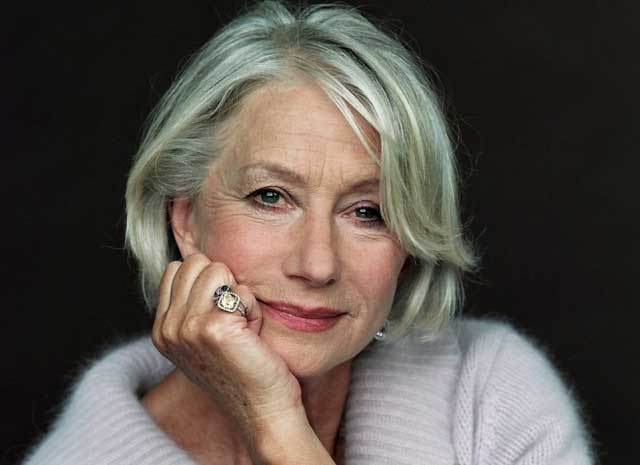Mirren talks of her date-rapes, then provokes furore with views on sex attackers
Actress reveals attacks and cocaine use while in her twenties, but calls for softer approach to men who date-rape

Your support helps us to tell the story
From reproductive rights to climate change to Big Tech, The Independent is on the ground when the story is developing. Whether it's investigating the financials of Elon Musk's pro-Trump PAC or producing our latest documentary, 'The A Word', which shines a light on the American women fighting for reproductive rights, we know how important it is to parse out the facts from the messaging.
At such a critical moment in US history, we need reporters on the ground. Your donation allows us to keep sending journalists to speak to both sides of the story.
The Independent is trusted by Americans across the entire political spectrum. And unlike many other quality news outlets, we choose not to lock Americans out of our reporting and analysis with paywalls. We believe quality journalism should be available to everyone, paid for by those who can afford it.
Your support makes all the difference.Dame Helen Mirren has angered anti-rape campaigners by suggesting that women who are date-raped should not expect to take those who have violated them to court.
In an interview with the former tabloid editor Piers Morgan, the Oscar-winning actress revealed how she often used cocaine throughout her twenties and had herself been date-raped in her late teens and twenties when she moved to London.
The 63-year-old actress said that she had not reported the incidents to police, but caused controversy by suggesting that those who date-rape should not necessarily be considered rapists in a criminal sense. Referring to the boxer Mike Tyson, who was convicted of raping a Miss Black America contestant in a hotel room in 1992, Dame Helen said: "It's such a tricky area isn't it? Especially if there is no violence. I mean, look at Mike Tyson. I don't think he was a rapist."
The star of The Queen said she believed that if a woman voluntarily ended up in a man's bedroom and engaged in sexual activity, she still had the right to say 'no' and that if a man ignored that request it should be considered rape.
But she added: "I don't think she can have that man into court under those circumstances. I guess it is one of the subtle parts of the men/women relationship that has to be negotiated and worked out between them."
Her comments, which will be published in October's GQ magazine, drew an angry response from women's groups and anti-rape campaigners who have long argued that all non-consensual sex should be classified as rape.
Jasvinder Sanghera, who runs the Karma Nirvana charity in Derby helping victims of rape and domestic violence, said yesterday: "Dame Helen's comments ... help reinforce the whole 'She's asking for it' mentality. For years we've been trying to move away from the perception that consent is dependent on what a woman wears or how she behaves ... if a person says 'no' it means 'no'."
She added: "I'm disappointed by the suggestion that date-rape victims shouldn't bother with the courts. We have such a low prosecution rate for rapes as it is. It's such a harrowing ordeal for rape victims to go through the judicial process that the last thing we need to do is discourage them."
Only 5 per cent of reported rapes in Britain end in a successful prosecution, one of the lowest conviction rates in the developed world. Campaigners argue that British attitudes often partially blaming a raped women for her behaviour is part of the reason why so few sexual attacks are reported and successfully prosecuted.
Dame Helen spoke of her own experience of being date-raped. "I was pretty naive," she said. "I went to a convent school until I was 18 and had never spent a night away from home, or gone to parties ... So I was very innocent when I went to college in London and I was living on my own. And I found guys were horrible, mean, rude, insulting and so without feeling."
Asked if she was date-raped she replied: "I was, yes. A couple of times. Not with excessive violence, or being hit, but rather being locked in a room and made to have sex against my will."
The acclaimed actress, who became a household name through the Prime Suspect crime series and recently won an Oscar for her portrayal of the Queen, also admitted using cocaine during the 1980s but said she decided to stop when the former Nazi war criminal Klaus Barbie was found to be making money from the class-A drug.
Asked whether she had taken drugs, she said: "A bit of cocaine. I loved coke. I never did a lot, just a little bit at parties. But what ended it for me was when they caught Klaus Barbie, the Butcher of Lyons, in the early Eighties. He was hiding in South America and living off the proceeds of being a cocaine baron.
"I read that in the paper, and all the cards fell into place and I saw how my little sniff of cocaine at a party had an absolute direct route to this horrible man in South America."
Join our commenting forum
Join thought-provoking conversations, follow other Independent readers and see their replies
Comments